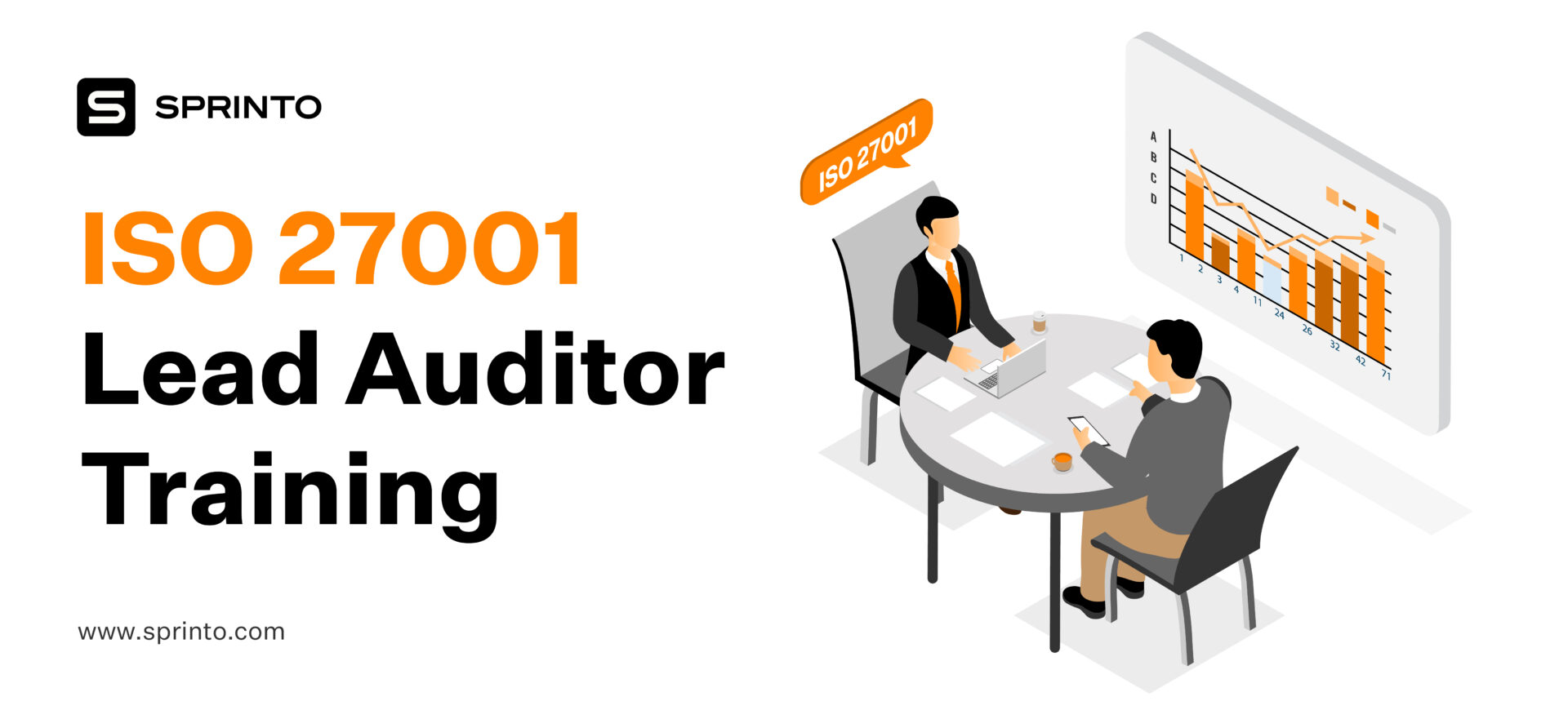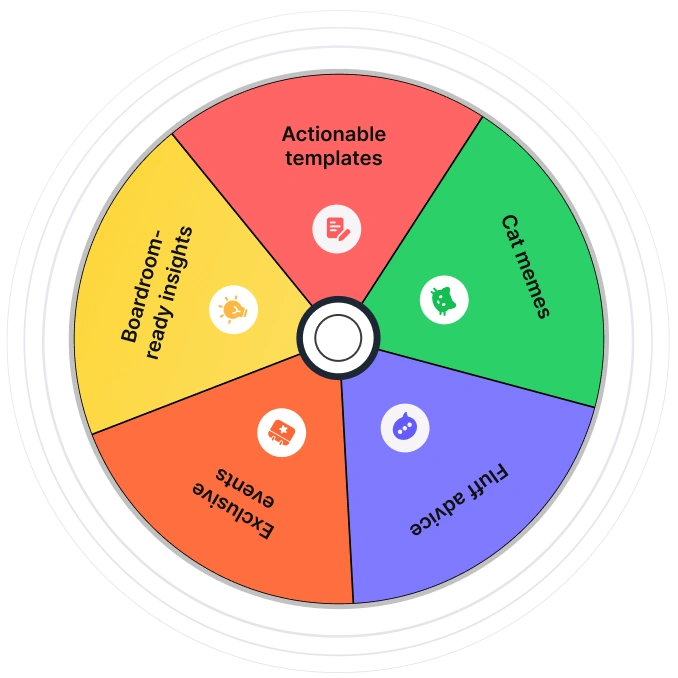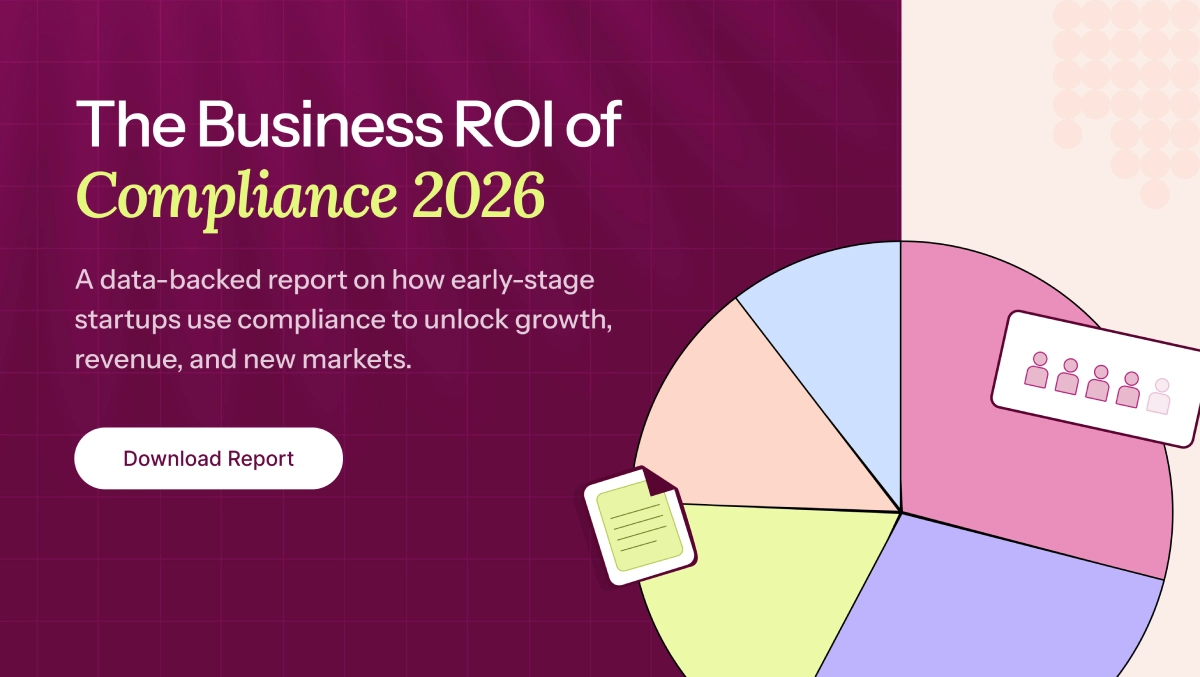Implementing and maintaining an ISO 27001–compliant Information Security Management System (ISMS) isn’t just a checkbox exercise; it’s a complex, ongoing effort that demands both expertise and precision. With numerous controls to manage, stakeholders to align, and processes to coordinate, the task can quickly become overwhelming. That’s why having a certified lead auditor on your side makes all the difference. They don’t just help you meet the standard; they bring structure, clarity, and confidence to the entire process.
In this article, we’ll walk you through the role of an ISO 27001 lead auditor, the training involved, the steps to get certified, the cost-benefit of internal training, and more.
Contact us today to get your compliance journey started the Sprinto way.
Top ISO 27001 Lead Auditor Courses
| Course provider | Key features |
| BSI (British Standards Institution) | Four‑day intensive course with instructor‑led or virtual options. Teaches audit planning, execution and follow‑up based on ISO 19011 and includes a written exam with a recognized BSI certificate. Graduates earn 40 CPD points and receive 12 months’ access to the standard and BSI training portal resources. |
| DNV | Five‑day course registered with CQI/IRCA (certificate number 2564). Provides knowledge to perform first‑, second and third‑party ISMS audits and satisfies formal training requirements for IRCA registration. Both classroom and online‑tutored options are available. Includes continuous assessment and an online exam, plus an online copy of ISO 27001:2022 and access to self‑assessment and refresher tools. |
| Bureau Veritas | Five‑day ISO/IEC 27001 Lead Auditor course that equips participants to plan, conduct and manage audits in line with ISO 19011 and ISO / IEC 17021‑1. The program is structured with days dedicated to ISMS fundamentals, audit preparation, on‑site activities, closing activities and a certification exam. Intended audience includes auditors, consultants, managers and technical experts. |
| Vinsys | Five‑day ISO 27001:2022 Lead Auditor training with official IRCA course material. Provides 31 CPD credits and post‑training assistance, and is delivered by accredited trainers. The course covers ISMS concepts, audit planning, conducting audits, closing and follow‑up. Eligibility favours candidates with PDCA knowledge, audit principles and ~4 years of IT experience (2 years in information security). |
Who Should Consider Becoming an ISO 27001 Lead Auditor?
A lead auditor role isn’t for everyone; it’s aimed at professionals who need to ensure their organization’s ISMS meets ISO 27001 requirements. Suitable candidates include:
- Internal auditors and information security managers tasked with maintaining and improving the ISMS.
- Compliance and risk professionals who must demonstrate conformance to customers, regulators and partners.
- Consultants and advisory services that help organizations implement and audit ISMS.
- IT and cybersecurity specialists seeking to expand their skills and lead third‑party audits.
Becoming a lead auditor opens doors to leadership roles and can strengthen an organization’s security posture. It also provides globally recognized credentials that boost credibility and earning potential.
How to Become an ISO 27001 Lead Auditor
To become an ISO 27001 auditor, you must first gain professional experience in information security, complete an accredited ISO 27001 Lead Auditor training program, and gain hands-on audit practice through a trainee program. Once proficient, you can register with a recognized certification body to conduct official audits. Maintaining auditor status requires ongoing professional development to stay current with evolving standards.
Gain Experience in Information Security
To embark on the path to becoming a lead auditor, you first need a strong foundation in information security. Certification schemes typically require candidates to have at least four years of experience in information technology, with a minimum of two years spent in roles directly related to information security. This background ensures you understand both the technical and management aspects of an ISMS and are familiar with common information‑security concepts and practices.
Complete Accredited Lead Auditor Training
Once you have the requisite experience, enrol in an accredited ISO 27001 lead auditor training course. Programs from BSI, DNV, Bureau Veritas or Vinsys are recognized by accreditation bodies such as CQI/IRCA or PECB. They typically last four or five days, teach you how to plan, conduct and follow up ISMS audits, and conclude with a written exam. Passing the exam earns you a certificate and equips you with the skills needed to lead audits in accordance with ISO 19011 and ISO 17021 standards.
Undertake a Trainee Audit Program
Gaining hands‑on experience is critical. After obtaining your certificate, you must complete a trainee program required by ISO 27006. During this period—usually around 20 audit days—you shadow experienced auditors on real certification audits. This trainee program exposes you to all phases of an audit, from document reviews and interviews to writing findings and non‑conformance reports.
Accumulate Lead Audit Experience
After the trainee phase, you must participate in at least three complete ISMS certification audits. Acting as part of the audit team helps refine your ability to plan, assign tasks and manage meetings. These audits demonstrate your readiness to handle the responsibilities of a lead auditor and strengthen your professional credibility.
Apply to a Certification Body and Maintain Competence
With the required training and audit experience, apply to an accredited certification body for registration or employment as a lead auditor. The body will verify your qualifications and authorize you to lead ISO 27001 certification audits. To maintain your credential, stay current with revisions to ISO 27001, continue auditing regularly and pursue ongoing professional development.
Different Roles & Responsibilities of ISO 27001 Lead Auditor
The main role of the ISO 27001 Lead Auditor is to evaluate an organization’s Information Security Management System (ISMS) against the ISO 27001 standard’s requirements.
Here is a more detailed breakdown of roles & responsibilities:
- The main role of the ISO 27001 Lead Auditor is to ensure that the organization’s Information Security Management System (ISMS) meets the ISO 27001 standard.
- The Lead Auditor designs audit plans and schedules, reviews relevant documentation, and examines the ISMS documentation, policies, procedures, and other relevant materials.
- Conducts an on-site assessment and interviews with staff, observes, processes, gathers evidence, and assesses ISO 27001 requirements.
- Prepares a detailed report summarizing the audit findings, identifying areas for improvement, and recommending corrective actions to management.
- Conducts follow-up assessments to verify that corrective actions have been implemented and ensure ongoing compliance.
- Manages the audit team by communicating effectively, conducting meetings, resolving issues, and ensuring the team works together.
- They help organizations identify areas for improvement and implement corrective actions to enhance their ISMS.
What does an ISO 27001 Lead Auditor do during an Audit?
The Lead Auditor’s goal is to evaluate the organization’s ISMS and provide feedback for improvement.
The work structure is outlined below:
| Planning | Create an audit plan and schedule. Define audit scope and objectives. Assign roles to audit team members. Review the organization’s ISMS documents. |
| Conducting Audits | Lead the audit team, communicate audit scope and objectives to stakeholders, and gather evidence through interviews, observations, and document reviews |
| Evaluating Compliance | Check if the organization’s practices meet ISO 27001 requirements. Identify areas for improvement and recommend fixes. |
| Reporting | Prepare a detailed audit report. Present findings to management |
| Follow-Up | Verify that recommended fixes are implemented |
| Team Management | Ensure effective communication within the audit team. Resolve any issues that arise during the audit. |
Why Use Compliance Automation?
While trained auditors are indispensable, manual compliance work is labour‑intensive and prone to errors. Compliance automation platforms act as a central control system, integrating with your tools and handling repetitive tasks like consent management, documentation and evidence collection.
By pairing certified internal auditors with an automation platform, organizations can maintain continuous ISO 27001 compliance, reduce the risk of errors, and focus their experts on strategic improvements and ROI
Contact us today to get your compliance journey started the Sprinto way.
FAQs
To get an ISO 27001 Lead Auditor certification, you must complete the lead auditor training course and pass the certification exam. Additionally, you have to gain experience in auditing the Information Security Management System (ISMS) that follows the ISO 27001 standard. This involves studying the ISO 27001 standard, mastering auditing techniques, and demonstrating your ability to lead audits successfully.
The cost of becoming an ISO 27001 Lead Auditor in India can range from INR 30,000 to INR 50,000. The training and certification for the same can cost $1,500 in the US and Europe.
ISO 27001 Lead Auditors can face challenges such as limited management support, insufficient resources for audits, managing complex documentation, educating an organization’s employees about the standards, effectively engaging with stakeholders, and maintaining continuous improvement post-certification.
Vimal Mohan
Vimal is a Content Lead at Sprinto who masterfully simplifies the world of compliance for every day folks. When not decoding complex framework requirements and compliance speak, you can find him at the local MMA dojo, exploring trails on his cycle, or hiking. He blends regulatory wisdom with an adventurous spirit, navigating both worlds with effortless expertise
Explore more ISO 27001 articles
ISO 27001 Overview & Requirements
ISO 27001 vs Other Frameworks
ISO 27001 Audit & Certification Process
ISO 27001 Management & Assessment
ISO 27001 Implementation & Automation
ISO 27001 Industry-Specific Applications
research & insights curated to help you earn a seat at the table.









